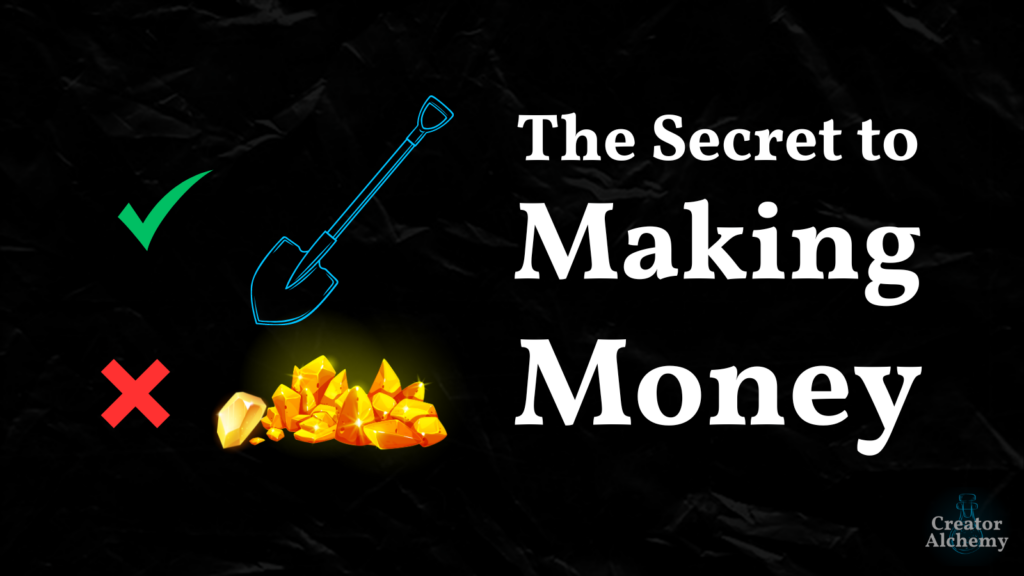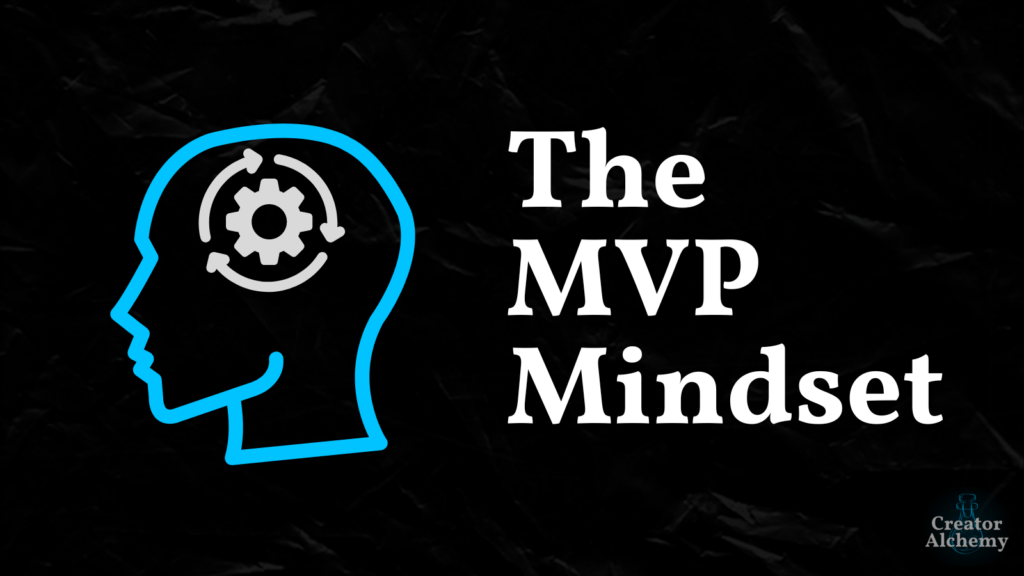It’s Annual Review season.
While everyone focuses on writing out their OKRs and making SMART goals, they’re overlooking a critical component: The psychological aspects of themselves and their team.
A few simple questions can make or break achieving your company’s 2022 goals…
A well-oiled machine is a thing of beauty—all the parts working in unison to achieve a specific goal. But if any single piece malfunctions, the machine will run poorly or not at all. A company is a machine, and every person within it is vital to its overall functioning. But to keep your company functioning well, you can’t treat your people like cogs. You have to treat them like humans—with their own needs, interests, limitations, and strengths.
Here are some questions to help you optimize a critical part of running a great company—the human element.
Ask them to yourself and your team, so everyone’s on the same page and firing on all cylinders.
•••
Question #1: Do you have the energy to execute your responsibilities or are you tapped out?
If you’re feeling drained, identify what specifically is draining your energy and brainstorm strategies to address it.
Strategies might include:
Delegate
Identify tasks that drain you and see if you can reassign them to someone who would enjoy them more. Maybe you hate doing paperwork, but a teammate loves documentation (they exist).
Batch
If you have to do a task, minimizing the time you spend doing it can help reduce burnout and preserve your energy. Setting up an hour or two a week to “chew glass” and be done with it is better than nibbling on it a little every single day.
Disconnect
Being “on” all day every day isn’t sustainable for anyone. Build in rest times (even 5 minutes every so often throughout the day) and have a specific “clock-out” time.
Rest and recovery are critical to peak performance in any industry.
•••
Question #2: Do you have the mental bandwidth to do X?
We all have limitations.
The trick is learning when to push those limitations and when to respect them.
For example, if a team member is distracted, how can you help them focus? I need music to stay focused because I have the attention span of a gnat (I’m wearing headphones as I write this). So a work environment that forbids me from listening to it will significantly reduce my productivity.
Or if a team member has a major family issue going on (so they’re stressed and distracted), can you give them more time on a project or would it be better to take it off their plate entirely?
Identify the psychological needs your team members have and find a way to meet them so they can perform at their best. They’ll feel more respected and be happier and more productive for it.
The same goes for you as a leader—the more self-aware you are of your own needs, the better you’ll be able to show up for your company and your team without burning out.
•••
Question #3: How can you improve team dynamics?
Hiring smart people won’t solve all your problems. Because one asshole, no matter how smart they are, can destabilize the entire group.
A team should be greater than the sum of its members, and the best way to achieve this is by optimizing for group cohesion.
A few ways to improve group cohesion:
- Remove a toxic member from a team (or the from the company altogether)
- Do some team-building activities (that don’t suck)
- Shuffle people around to different teams or positions that are better suited for their personality, temperament, skills, and interests.
Group cohesion is critical. If you aren’t sure how to improve it, poll your team members to see what they need.
•••
Question #4: How can you prioritize mental wellness in the workplace?
Stress is normal and can be useful in small doses. But in large doses, or left unmanaged, it can cripple us.
A day off once a quarter for “self-care” isn’t fixing anything. Neither is having a facilitator come in and talk about mental wellness in the workplace for an hour if your company doesn’t integrate the strategies they talk about.
Build mental wellness initiatives into the day-to-day operations of your company and you’ll have happier, healthier, loyal, and more productive team members.
Ignore it and you’ll be like 99% of your competitors who treat their people like expendable cogs.
•••
Question #5: How can you set better boundaries in the workplace?
This is huge for improving mental wellness and productivity.
24/7 Slack notifications, 3 am emails, poorly described job responsibilities, and general workaholism will kill your (and your team’s) mental wellbeing and productivity.
Sometimes you’ll need to be available after normal business hours. But not every day.
Having an open-door policy is fine. But not all day, every day.
Being great at your job means knowing what is and isn’t your responsibility. Otherwise, you’ll spend all day putting out everyone else’s fires and have no time or energy to direct to the areas where you’re most valuable.
If you’re always “on,” you can’t properly recover.
Poor recovery = poor performance.
•••
Question #6: Where are the bottlenecks we’ve been ignoring?
Bottlenecks are everywhere. Some are unavoidable, but many are fixable.
The trick is intentionally assessing where they are and keeping your eye on them.
For example, I worked with a Web3 founder who had become the bottleneck for his company. He’d unintentionally created a system where too many decisions required his input. He was spending most of his day on low-leverage tasks.
So he redesigned the system and put a few key employees in charge of making those decisions and report to him regularly.
This minor change had three major effects:
- It freed up 15 hours of his time every week (that’s an extra 780 a year).
- It empowered his team (which can lead to higher enjoyment, higher loyalty, and higher productivity).
- It allowed his company to grow faster and more autonomously (which is the goal of many founders).
•••
Question #7: How can I improve communication?
Some people prefer blunt feedback. Others need a more nurturing approach.
Some need set-by-step instructions. Others hate to feel micromanaged.
There’s not a one-size-fits-all style of communication.
Great communication is a balance between your natural approach to interacting with others, and what your audience best responds to.
The better you get to know yourself and your team, the better you’ll be able to pick the right communication style for the situation.
•••
Question #8: How can I become a better leader and empower others to become better leaders?
Great leaders have a few things in common:
- They inspire others to embrace their potential.
- They keep their team focused on the mission.
- They contextualize the mission, so everyone understands why it’s important.
- They empower their team to be autonomous.
Great leaders aren’t tyrannical.
If you catch yourself, or your team, handing down edicts from “on high,” it’s a red flag you’re venturing into tyrant territory. People fear tyrants, but they’re not loyal.
They’ll follow a great leader into the depths of hell.
Be worth following.
•••
Question #9: Where can I turn for thought-partnership and improve my critical thinking skills?
When you’re the boss, it’s hard to know if you’re making the right decisions when you’re surrounded by “yes-men.”
This is why most business leaders have an executive coach who acts as a neutral 3rd party to help them hone their decision-making skills and process obstacles. And many companies have a coach or psychologist who consults with team members for the same reasons.
But whether you hire a coach, join a community, or have a confidant—having someone to bounce ideas off of and refine your critical thinking skills is one of the best investments you can make.
•••
Wrapping Up
Add these questions to your Annual (and Quarterly) Reviews to keep the human element at the forefront of your company. The better you optimize for these questions, the better you’re addressing the psychological needs of yourself and your team members.
Your competitors are still treating their employees like expendable cogs.
These questions are your strategic advantage to keep your humans (not cogs) happier, healthier, more cooperative, more engaged, and more productive.
I hope you and your team will find them valuable.
If you need help diving into them, or want more questions to help you and your team optimize for the human element, shoot me a message.



